Famous for its historical buildings, Korean traditional cuisine, and sporting activities, Jeonju is a one-of-a-kind beehive of activities city. Jeonju City, Jeollabuk province’s largest city, is a blend of urban and rural life intertwined with historical and modern vibes. Jeonju joined UNESCO’s Creative Cities Network after being named a Creative City for Gastronomy in May 2012 for the preservation of archaic traditional cuisine. The good and gastronomy industry has also credited Jeonju with the “Taste City” nickname amplified by the city’s active involvement in food research and innovative local and international food festivals.
Jeonju belonged to the Baekju Kingdom before the takeover by Silla Kingdom in 660 AD. In the Goryeo dynasty, Jeonju City became the Confucianism and education center. The city flourished into a cultural and administrative center during the Joseon Dynasty heavily influenced by the Yi family. Despite destruction during the Japanese rule, Jeonju city’s cultural heritage, traditional cuisine (especially bibimbap), and historical sites were salvaged making the city an international tourist hub.
Nick-named the “Taste City” and credited the title Creative City for Gastronomy, Jeonju is famous for its rich food culture, especially its traditional Korean cuisine. Jeonju is famous for its Bibimpap version, a Korean traditional signature dish of rice topped up with vegetables, fried egg, and spicy red pepper paste among other ingredients. The savoring deep taste, further facilitated by the high-quality locally-sourced ingredients, and colorful presentation completes the dish. Other famous regional specialties include beansprouts broth and Jeonju Hanjeongsik (traditional full-course meal). Jeonju’s makgeolli (traditional Korean rice wine) and the delicious street foods are a must-try as well.
Jeonju Hanok Heritage Village is a must-visit destination. Lined with well-preserved traditional Korean houses with narrow alleyways, this traditional village oozes a deep sense of Korea’s cultural heritage. Visitors can try on a hanbok or explore the art galleries, traditional tea houses, and craft workshops. Other must-visit places include Jeonju Hanji Museum (showcases the traditional Korean handmade paper culture and craftsmanship), Hyanggyo Confucian School (a Joseon Dynasty treasure), and Omokdae and Imokdae (historic sites offering panoramic views of Jeonju Hanok Village) among others. Jeonju City also offers plenty of outdoor activities to enjoy while catering to various interests. Some of them include hiking in the Jangtaesan recreational forest, bike riding, and boat riding among others.
Jeonju City is indeed a testament to Korea’s rich cultural heritage, traditional architectural wealth, historical landmarks, and culinary delights. The city is the perfect destination for those seeking an authentic and thrilling Korean experience.
—-Karen Mwenda
#JeonjuCity #Korea #KoreanCulture #traditionalarchitectural #traditionalkorea #kcrush #historicallandmarks #kpop #JeonjuHanjiMuseum #TheTasteCityJeonJuCity #kcrushcontent #visitkorea #traveltokorea #tourkorea #funkoreanactivities #topasianentertainmentmagazine #kcrushamericamagazine #magazine #americanasianmagazine #koreanfoods #khistory #culinaryinkorea #JeonjuHanokHeritageVillage #Koreanhandmadepapercultureandcraftsmanship #HyanggyoConfucianSchool #JoseonDynasty #Omokdae #Imokdae #Jeollabukprovince

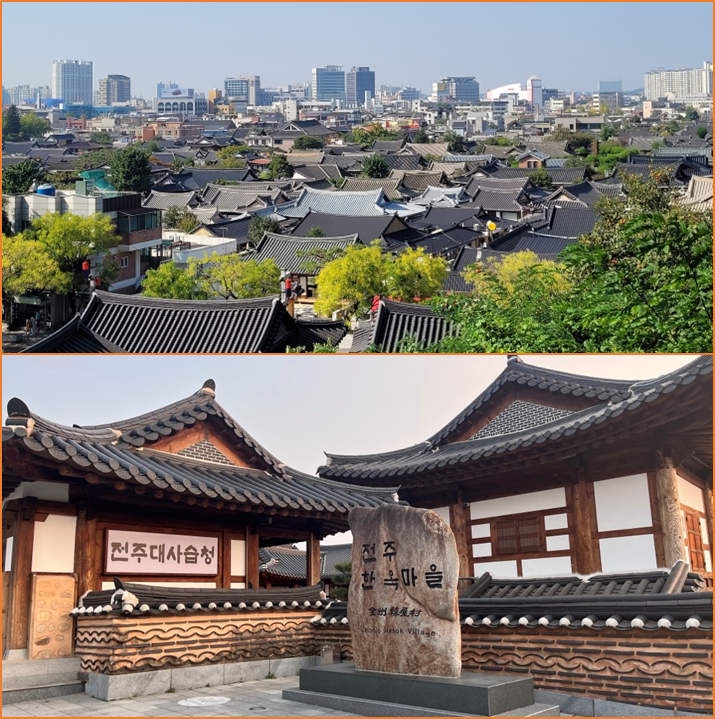
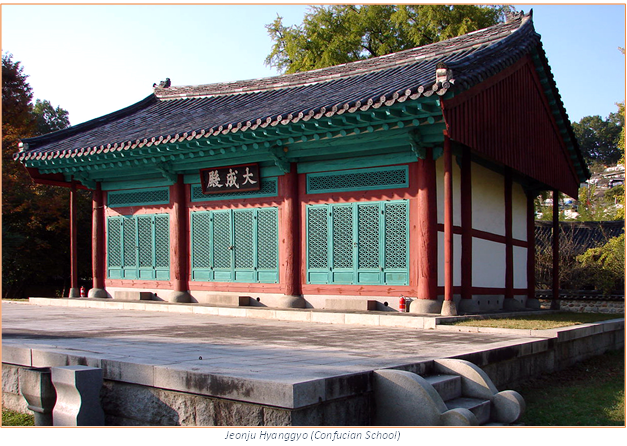
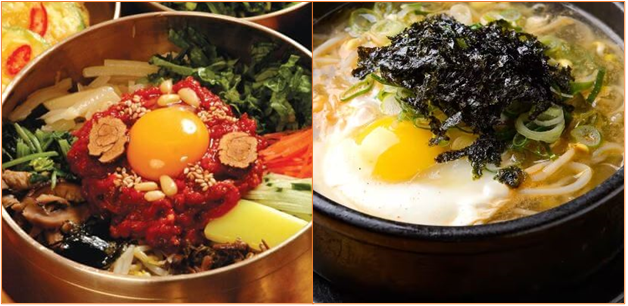
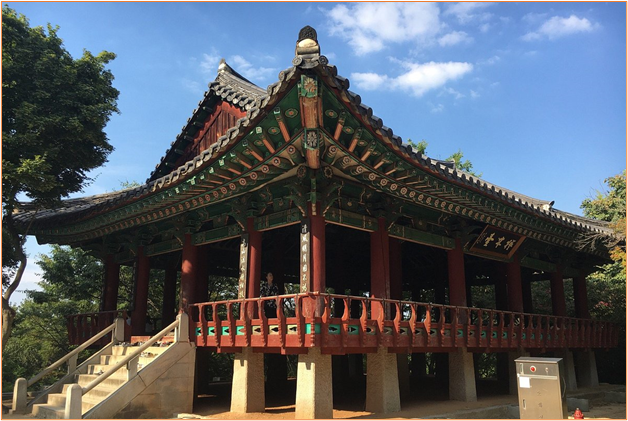
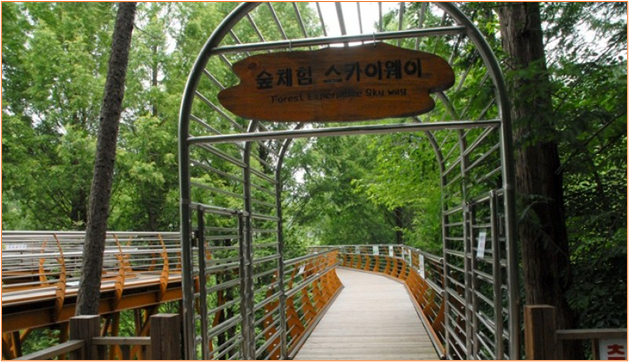


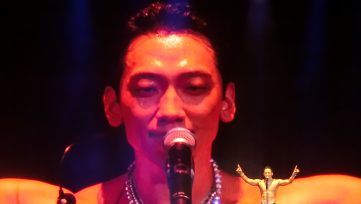



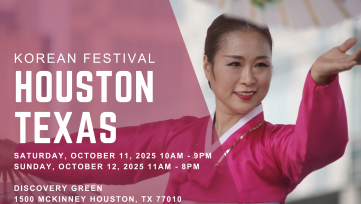
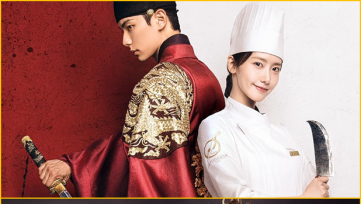


Leave a Reply